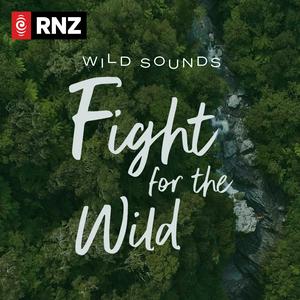In the series finale, Hope, we get a glimpse of what a predator-free Aotearoa could look like, and look at the breakthrough technologies and innovations taking us towards that goal.
Watch the video version of the episode here.
The final podcast in the series, What's in it for us?, counts both the costs and benefits of Predator Free.
It explores the costs of not doing it, before setting out a range of possible, positive outcomes for the economy, our exports, for Aotearoa's standing on the world stage - and most importantly, for ourselves and those who will follow.
In one of the last interviews Sir Rob Fenwick gave before his death in March 2020, he talks about what Predator Free meant to him, and estimates our chances of success.
Go to this episode on rnz.co.nz for more details


